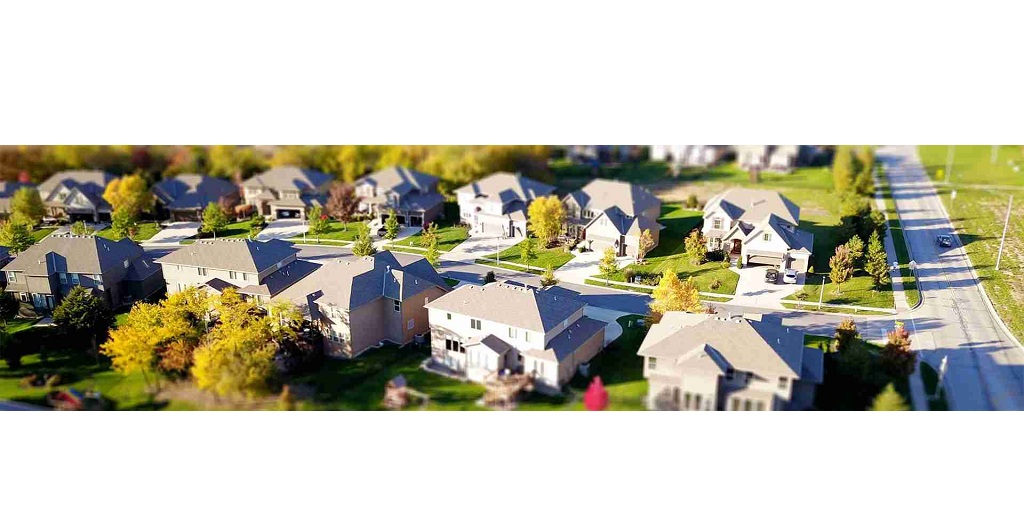In a competitive city like Calgary, filling an RPR has become a vital operation tool for staying lawful. Investing time, effort, and finances is a big step, but it may pay off if done well.
All follow-up legal requirements in your future endeavors will be convenient when it says it might pay off big time. For example, it will be easier to accomplish other legal barriers upon application if you start a business within the property.
All operations of building erection or adding auxiliaries like fencing require Real Property Reports. Thus, considering this kind of legal setup, it is suitable to get RPR since the benefits propagate from fundamentals to intermediates.
Gaining experience in property legalities from the start is an excellent opportunity to grow your knowledge. Especially since the next time you apply for it, you’ll probably handle it better.
While contemplating this information, there are numerous variables to consider. Therefore, before opting to proceed further, consider the following key questions:
How long does an RPR last?
Knowing if your RPR is still legally useful is not something you want to miss. Being outdated with the current RPR regulations will affect the validity of your property.
Fortunately, as long as the municipal bylaws have no amendments, your RPR’s validity can reliability can go three to ten years. However, if you start property improvements not indicated on your last RPR compliance, you’ll also need to inform the municipality and apply for a new or update your existing RPR.
Who is responsible for fixing RPR issues?
Sellers or dealers are the ones with the burden of resolving RPR issues before the land purchase. It is a matter of perspective if who’s the current owner of the land to be transferred.
For example, once the seller resolves the RPR issues and the land purchased is closed, that’s the time the burden is transferred to you. If you need to sell or improve the property in the future, you’ll be the one to shoulder any responsibility and not your seller.
What is an RPR update?
RPR update is some recalibration offer for your current RPR. This option is beneficial if you don’t want to opt for a new RPR for cost and time reasons. However, upon choosing to update your RPR, you still need a land surveyor for it, and it’s better to consult them before making a choice.
Some properties are okay with RPR updates, but others are better for new RPR. Here are some critical factors that may come into play once you choose the former.
• Date of the last surveyed RPR
• Number of improvements made to the property
• Municipal bylaw updates related to your property
What are the non-compliant issues for RPR?
Typically, only two non-compliant issues hinder the stamping of your RPR approval: encroachment and relaxation.
Encroachment
Encroachment occurs when a portion of your property structure overlaps on an adjoining property. Typically, if these circumstances prevail in a residential setup, you may need to enter into an encroachment agreement with your neighbour. If the neighbour disagrees with such an encroachment, the structure must be eradicated.
Relaxation
This one applies if your property structure has three issues.
• Too close to another property boundary.
• Over an easement.
• Over a utility right-of-way.
It is a lot lighter than the restrictions suggested by the term. All you need is a relaxation permit to accomplish your approval.
The need to ask questions helps a lot in contemplating whether you will push through with your land purchase. So ask your land surveyor for some blurry information to ensure sound judgment.
For more information about Survey Companies Red Deer and Alberta Geomatics Surveying Services Please visit : CORE Geomatics.
Hi, I am Adam Smith, Admin Of TechSketcher, Creative blogger and Digital Marketer.
